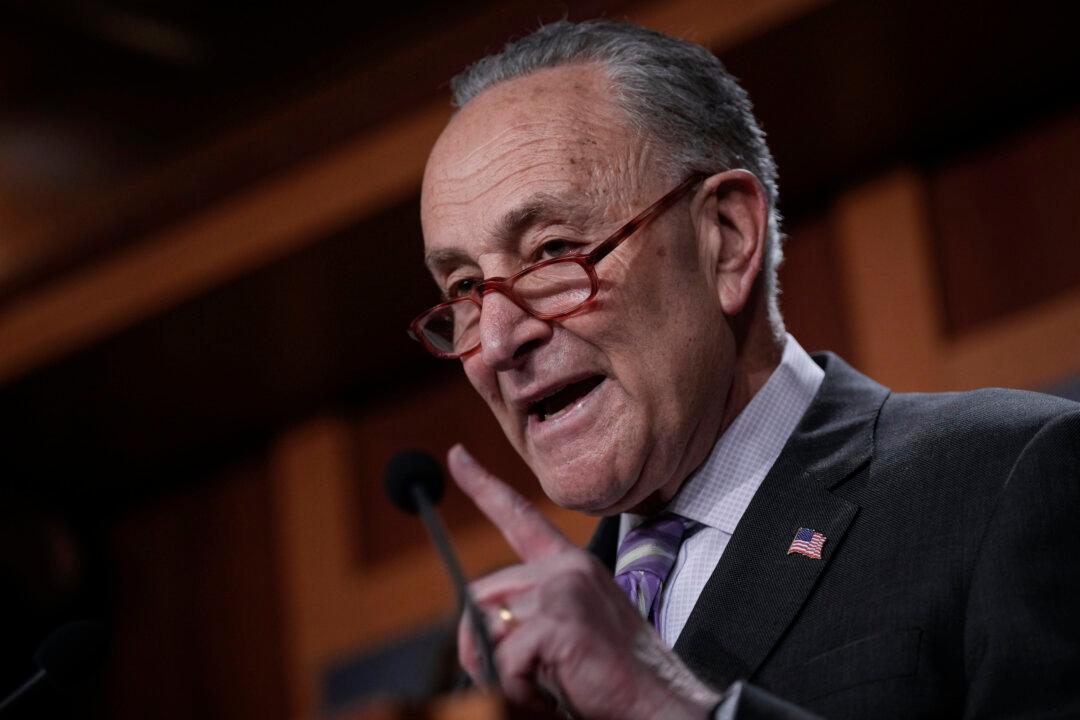News Analysis
The ideological clash about how much control government should have over private companies was encapsulated yesterday in two Wall Street Journal op-ed pieces that many readers might find surprisingly contradictory. The first, written by Senate Majority Leader Chuck Schumer (D-N.Y.), rails against government intervention in corporate affairs; the second, by Republican Florida Gov. Ron DeSantis, justifies his anti-corporate actions.





